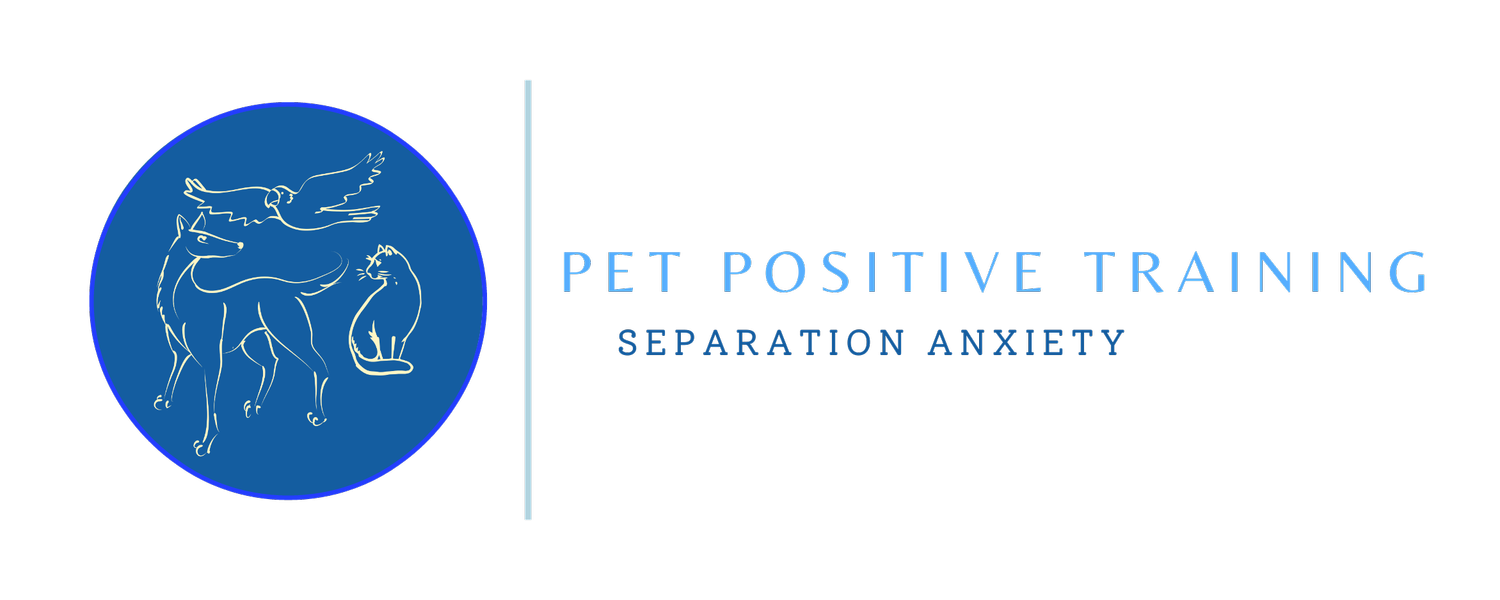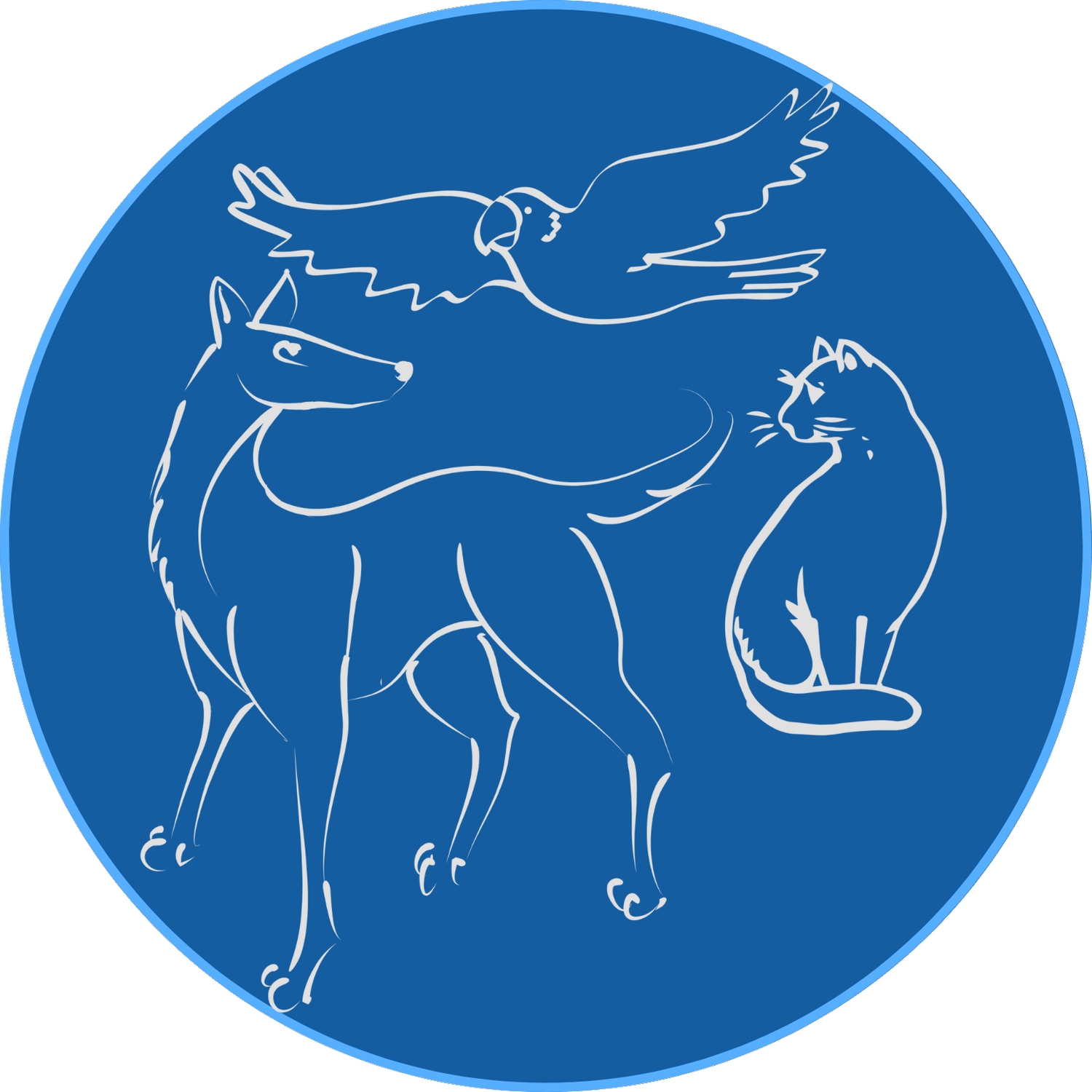Growling… Is a GOOD thing!
It isn’t always a pretty picture - but this is an appropriate way for your dog to give warning that they are very uncomfortable for some reason.
I know, it isn’t always a pretty picture - surprise loud scary sounds, bared teeth, hard stare with the whites of your dog’s eyes, and a totally stiff body! But I promise that this is an appropriate way for your dog to express discomfort.
It may be spooky or uncomfortable but RULE #1 from this trainer: Never Correct a Growl.
A growl is an audible and obvious sign that your dog does not like something. It may be someone moving fast, someone reaching for or touching them, someone staring at them, or it may not be clear exactly what caused the growl. However, there are usually other more subtle signs the dog has shown off already to say “no thank you” or “give me space” that we have missed. The growl is often a last attempt a dog is making before they feel the need to use other tools to say “stop” like their mouth, paws, or body.
So - if you “correct” or stop a growl - the dog may feel like their only option to say that they are uncomfortable is to bite, scratch, or shove.
This is NOT bad behavior - it is just a dog expressing their feelings and boundaries. When you hear a growl, stop what you are doing, listen to your dog, and see if you can make your dog more comfortable. If it is something absolutely necessary, that it one thing and you may need some safety equipment; but if not, then you can work up to it slowly or teach your dog over time how to opt-in to the activity or at least feel better and safer about the situation.
A few common things you might hear growls about (not an exhaustive list):
Picking up your dog/puppy
Jostling them when you sit or get up from the couch
Humans (tall or short) running around quickly
Reaching for the dog
Reaching for the dog’s food or toy (or stick)
Seeing another dog, stranger, or new item
Things to keep in mind:
Medical or physical context
If you have a younger dog they may be having uncomfortable tummies, teeth, and joints while they are growing and may be touch and pick-up sensitive.
An older dog may have similar things with arthritis other body changes.
Any dog with an upset tummy or injury may be more sensitive in general.
Fear Periods
It is REALLY important to not just force through uncomfortable situations for young puppies and adolescent dogs. Make sure that their experiences stay as positive as possible so that they do not develop a longer-term fear or dislike of handling, new experiences, and new people/dogs.
Use lots of treats and give them choice to go at their own pace (approach things slowly or leave and try again when they are feeling more brave)
Arousal, frustration, and touch tolerance
Sometimes what is ok for one dog is NOT for another and that really is ok - just like some humans like to hug and snuggle and some do not.
Learning history
We don’t always know our dogs’ past if they were rescued or even adopted, but for what you DO know, keep it in mind if your dog is more sensitive about certain situations.
You can build positive experiences by going at your dog’s pace, learning what their body language means, and using their favorite things paired with the experiences- toys, treats, pets depending on your individual dog.
Resource guarding and Reactivity
These are not “bad” responses even if they are not desirable. The only way to change these responses are to help your dog feel better about the situations or pictures they are struggling with.
This does not mean repeating the picture over and over again and hoping they will “get over it,” but instead pairing incremental versions of the picture with positive feelings and giving your dog coping skills for when it is still hard.
So - it is actually ok and good and appropriate for your dog to growl. It is then our job as guardians, family, caretakers, owners - to figure out what our dogs are communicating to us and how to help them feel more comfortable.
If you need help on this socialization and training journey - feel welcome to reach out or schedule. When you look for a trainer, make sure they are a certified professional trainer who uses appropriate positive/fear-free/LIMA based methods.
Contact Me: Here
Schedule a Private Session: Here


